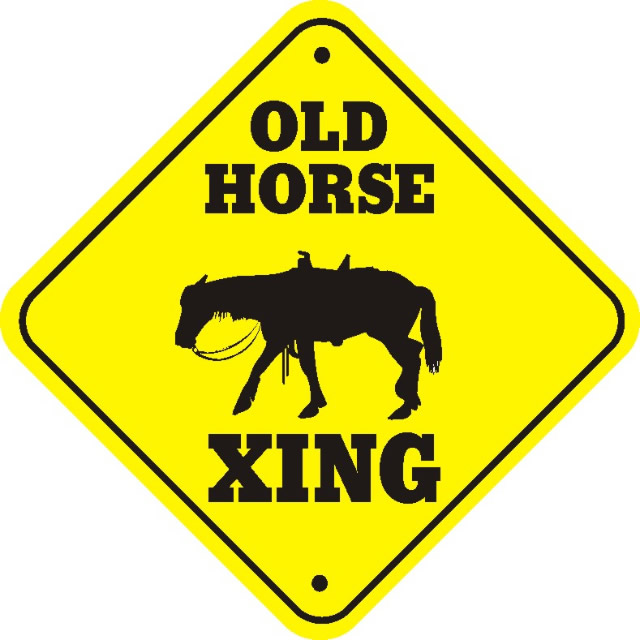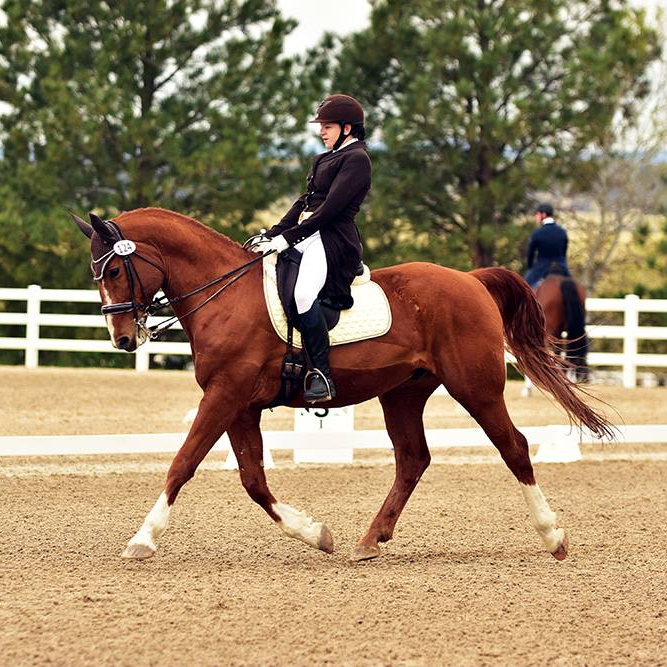
An unfortunate part of horse ownership is that our horses age. And senior horses require a little extra care to ensure they are happy and comfortable in their upper years. As in humans, horses strength and overall body condition diminishes. This does not mean you can’t have a healthy senior horse though!
You will want to know your horse’s Baseline TPR (Temperature, Pulse, & Respiratory Rate) and have that information handy for your use or your veterinarian’s use in case of concern. Make sure your elderly equine friend gets an annual checkup by your vet including a full oral exam to ensure they are looking healthy, sounding healthy and have no major concerns. If you notice a drop in weight, more difficulty with eating, more difficulty with getting around, or discomfort in general, you will want to put in a call to your vet. Something that might seem small and insignificant can sometimes spiral out of control quickly in an older equine. Calling your vet is always free and they can consult with you regarding whether or not a visit is necessary.
Adult teeth normally last a horse’s lifetime, but senior horses might have loose teeth that can be causing problems. Loose teeth interfere with chewing and typically cause pain. Any loose teeth need to come out; once they’re pulled, these horses will be much more comfortable. Loose teeth can contribute to a horse’s weight loss or even a dejected and despondent mood.
Just because a horse is older doesn’t mean it can’t be a healthy weight. Proper nutrition in your older equine friend is paramount. Always consult with your vet if you have concerns about your horse’s feeding needs. But no horse should be underweight (OR overweight). This is just as important in a senior horse. A horse that is underweight may have a harder time fighting off illness and risks their likelihood to survive any serious illness. On the other hand, if your senior horse is overweight, you may be compounding any athritis or discomfort that the horse is already suffering from.
Older horses typically have some form of arthritis or bony changes. This is something you will want to evaluate with your veterinarian. There are many supplements (glucosamine, chondroitin, hyaluronic acid, etc.) or even injectable treatments (Pentossan EQ, Adequan, Legend, Cortico Steroids, etc.) that can help your horse stay comfortable through working or even just enjoying a well earned pasture life. Treatment will vary from horse to horse and situation to situation.
Movement is ALWAYS your friend. If you can have your horse turned out and moving, the more they can move freely, they healthier their body will stay. As the old adage says “Use It or Lose It”. If your horse must be stalled, make sure to have enough bedding to make it a comfortable place for them to stand and lie down.
Unfortunately even the healthiest horse can’t live forever, but using this information and teaming with your vet, you will give your senior equine friend the highest chance of a long comfortable life.





Leave a Reply
You must be logged in to post a comment.